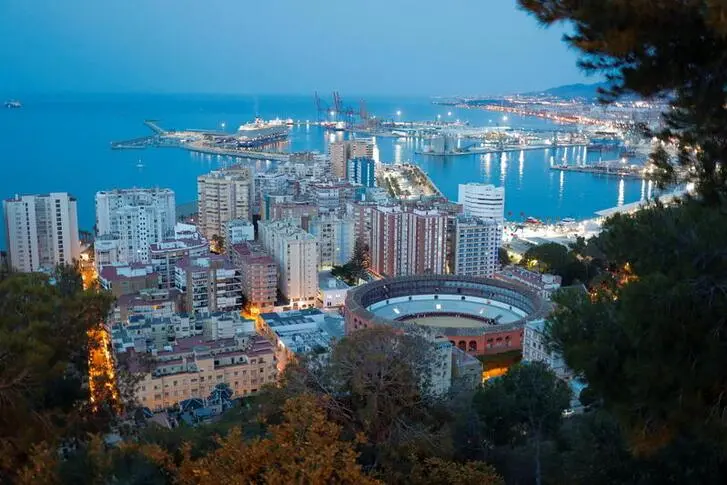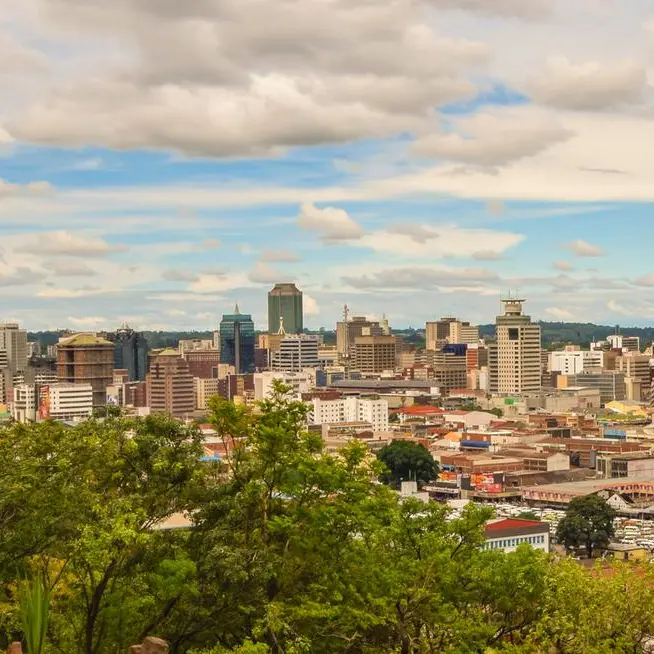PHOTO
MADRID, Aug 29 (KUNA) -- Spain is considered a tourist destination receiving millions upon millions of tourists every year, especially during the summer season; however, this year "over-tourism" has become a quite conundrum, leading to some serious reevaluation of the countryآ’s touristic strategy.
Tourism is one of the major pillars of the Spanish economy, contributing -- according to national statistics -- around 12.8 percent to the National Gross Product (GDP) of around 186.6 billion euros (USD 209 billion). This provided jobs to some 1.5 million people in 2023.
Since 1952, Spain has launched its "Beach and Sun" strategy to promote tourism in around 800 kilometers of coastal areas.
It is also worth noting that Madrid has been the headquarters of the UN World Tourism Organization (WTO) since 1975 and in 1981, Spain launched the "FITUR", the annual International Tourism Fair.
This year, Spain -- with a population of 47.8 million -- received in the first half 42.5 million foreign tourists who spent around 55.5 billion euros (USD 62.2 billion) an encouraging number, which is good for the economy, but where is the problem? Despite the economic challenges facing Spain, over-tourism began to overwhelm Spaniards with protests in several major cities including Barcelona, Seville, Malaga, and others calling for curbing down on the number of tourists who had negative impacts protestors claimed on the social and economic fabric of society.
Overcrowding in coastal areas, pressure on public services such as health, transport, sanitation, and the astronomic increase in rent for houses and apartments as well as the ridiculous purchasing power of tourists in comparison to the locals had to be stopped according to those opposing over tourism.
Protestors might have a point, the National Statistics Institute of Spain revealed that the number of licensed apartments was at 351,400 in the second half of 2024, around 1.4 percent of housing units in Spain, but the problem lies in the number of apartments that were illegally used to host tourists, which in by itself some claim leads to over-tourism.
To address the issue, Dr. Juan Ignacio Pulido -- a Professor at the Jaen University in Andalusia province and tourism expert -- told KUNA that the problem was in the way tourism was handled in Spain and even added that over-tourism was an issue of cross-border responsibility.
The interconnectivity between the economy and tourism also has an impact on the issue, he said, noting that eight of 10 jobs in the Balearic Islands were related to the tourism industry.
He stressed the necessity of finding a viable solution to over-tourism in a way that does not send away tourists or bring hordes of them to a specific location to the point of overcrowding and mayhem.
However, how does one approach a solution to the problem now that one knows some of the core issues? The city of barcelona, for one, announced through its municipality that tourism apartments would be canceled by 2029. It also decided to increase tourism tax per individual a night as of october amounting to 7.5 euro (usd 8.4). other cities are following suit and implementing their measures to counter over-tourism.
The Spanish government in itself is still working on its "sustainable" tourism scheme, which it launched in 2023. The mid-to-long-term plan is taking into consideration the number of tourists in Spain, which will grow by 95 million in 2024 according to WTO. The National Statistics Institute predicted that tourism would contribute 13.2 percent of the GDP in 2024, pumping in 202 billion euros (USD 226.3 billion). In 2025, the GDP contribution would be at 15.2 percent, offering three million jobs.
In the "NextGen travelers and destinations" June study the Deloitte company predicted that Spain would become the number one touristic destination by 2040, attracting around 110 million, beating France, which is predicted to attract 105 million.
World Travel and Tourism Council (WTTC) said there would be a rapid increase of tourists in the next decade in Spain, contributing 17 percent to GDP and providing four million jobs by 2034. (end) hnd.gta
-
Bab Al-Mardoum Mosque in Toledo
-
Segobia City Palace
-
Tourists in Madrid's El Retiro Park
-
Tourists in front of the El Prado Museum in Madrid
-
City of Segobia
-
Spanish city of Toledo
All KUNA right are reserved © 2022. Provided by SyndiGate Media Inc. (Syndigate.info).





















